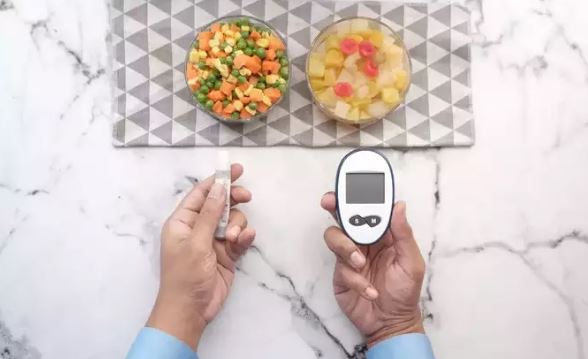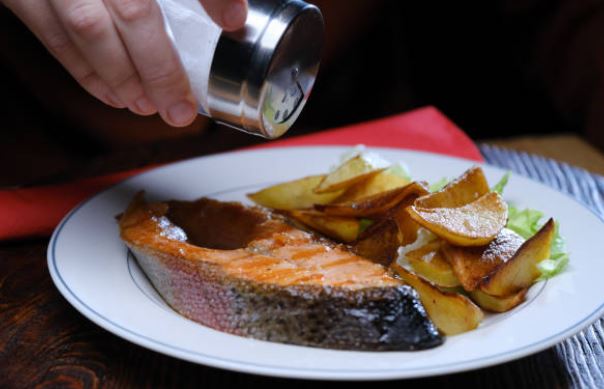Lifestyle
5 food habits that increase blood sugar rapidly

Maintaining stable blood sugar levels is crucial for overall health, particularly for individuals managing conditions like diabetes.
Certain food habits can lead to rapid spikes in blood sugar, posing challenges for those striving to keep their levels in check.
In this article, we delve into five common food habits that may contribute to swift increases in blood sugar levels.
1. Excessive consumption of refined carbohydrates
Refined carbohydrates, found in white bread, sugary cereals, and processed snacks, can swiftly elevate blood sugar levels. These foods lack fiber and essential nutrients, causing a rapid surge in glucose after consumption. Opting for whole grains, such as quinoa or brown rice, can be a more stable choice for sustained energy and regulated blood sugar.
2. Overindulging in sugary beverages
Sugary beverages like sodas, fruit juices, and sweetened teas are notorious for their ability to cause rapid spikes in blood sugar levels. The high concentration of added sugars in these drinks can overwhelm the body’s ability to manage glucose effectively. Choosing water, herbal teas, or infused water with a splash of citrus can be healthier alternatives to quench thirst without the detrimental impact on blood sugar.
3. Skipping balanced meals
Skipping meals or indulging in irregular eating patterns can disrupt blood sugar levels. When meals are skipped, the body may release extra glucose into the bloodstream to compensate for the lack of incoming nutrients. Establishing a routine of balanced meals and snacks, rich in fiber, lean proteins, and healthy fats, helps stabilize blood sugar throughout the day.
4. Highly processed and packaged foods
Processed and packaged foods often contain hidden sugars, unhealthy fats, and high levels of sodium, contributing to rapid blood sugar spikes. Reading nutrition labels and choosing whole, fresh foods over processed alternatives can help manage blood sugar levels more effectively. Incorporating a variety of colorful vegetables, lean proteins, and whole fruits can provide essential nutrients without the unwanted glucose surge.
5. Inadequate protein and healthy fat intake
Balancing macronutrients is key to managing blood sugar levels. A diet lacking in sufficient protein and healthy fats can lead to quicker spikes in glucose after meals. Including sources of lean protein, such as poultry, fish, tofu, and incorporating healthy fats from avocados, nuts, and olive oil can help stabilize blood sugar and promote overall well-being.
The bottom line
Understanding the impact of food habits on blood sugar levels is crucial for individuals aiming to maintain stable glucose throughout the day. While occasional indulgences are normal, adopting a mindful approach to nutrition can significantly contribute to overall health, especially for those managing conditions like diabetes. By making informed choices, such as opting for whole, nutrient-dense foods and maintaining a balanced eating routine, individuals can empower themselves to navigate their blood sugar levels effectively. Always consult with healthcare professionals or registered dietitians for personalized advice, especially for those with existing health conditions.










